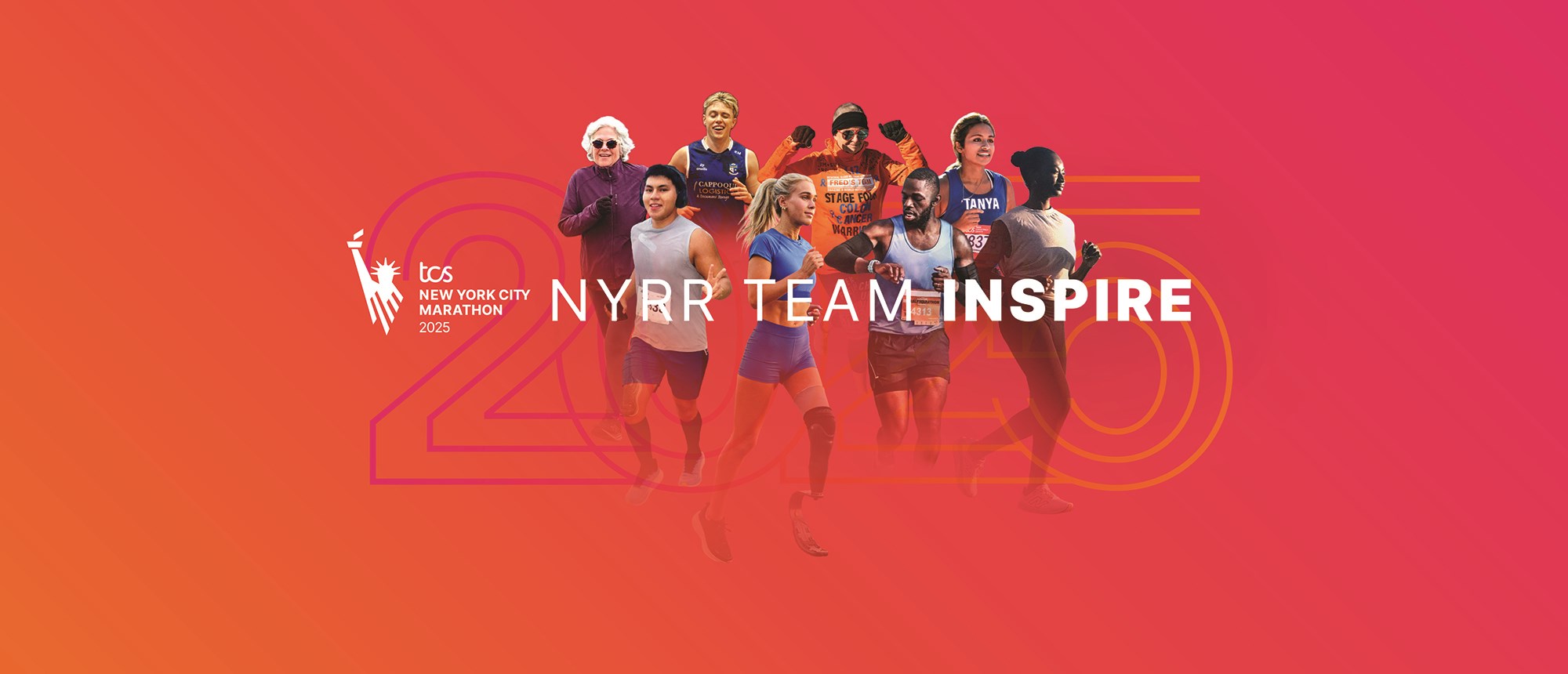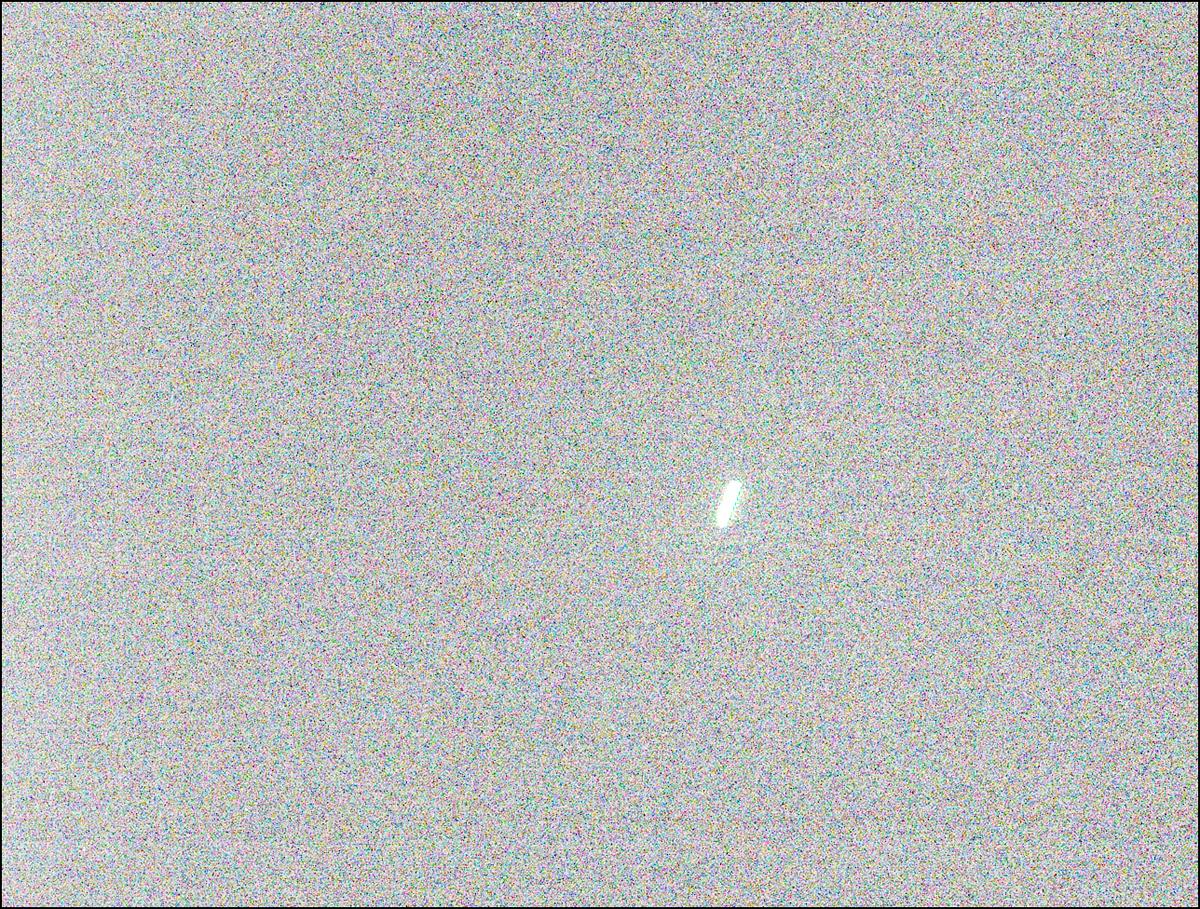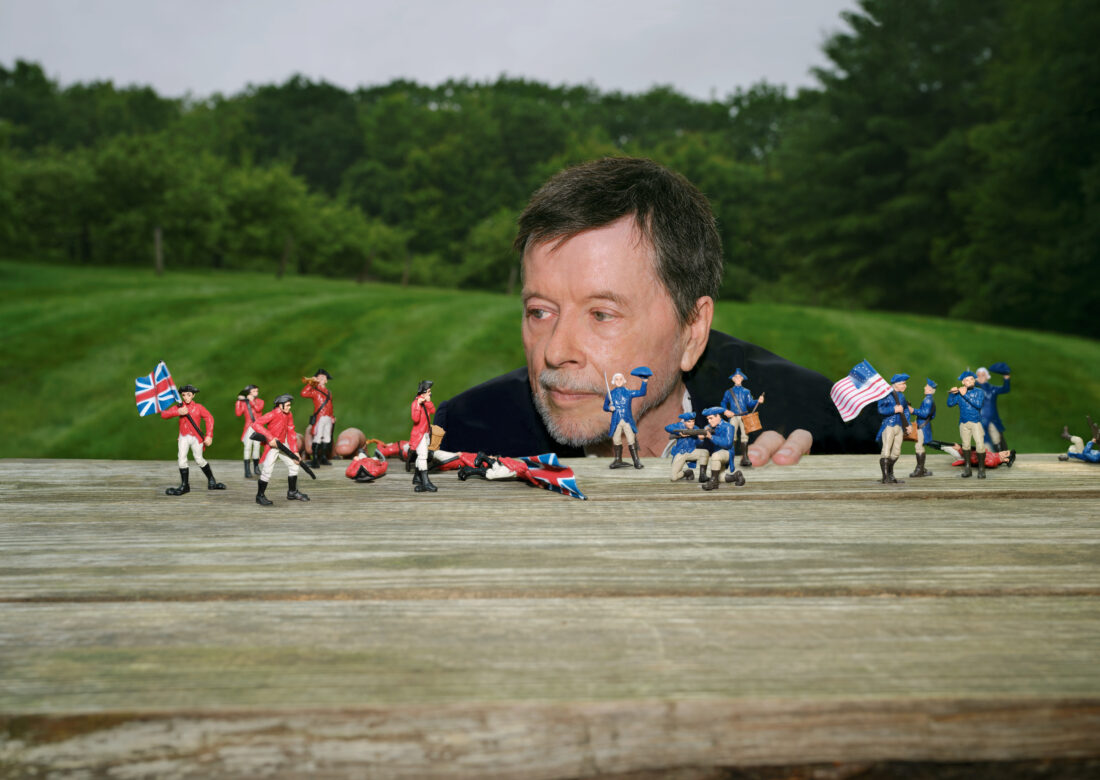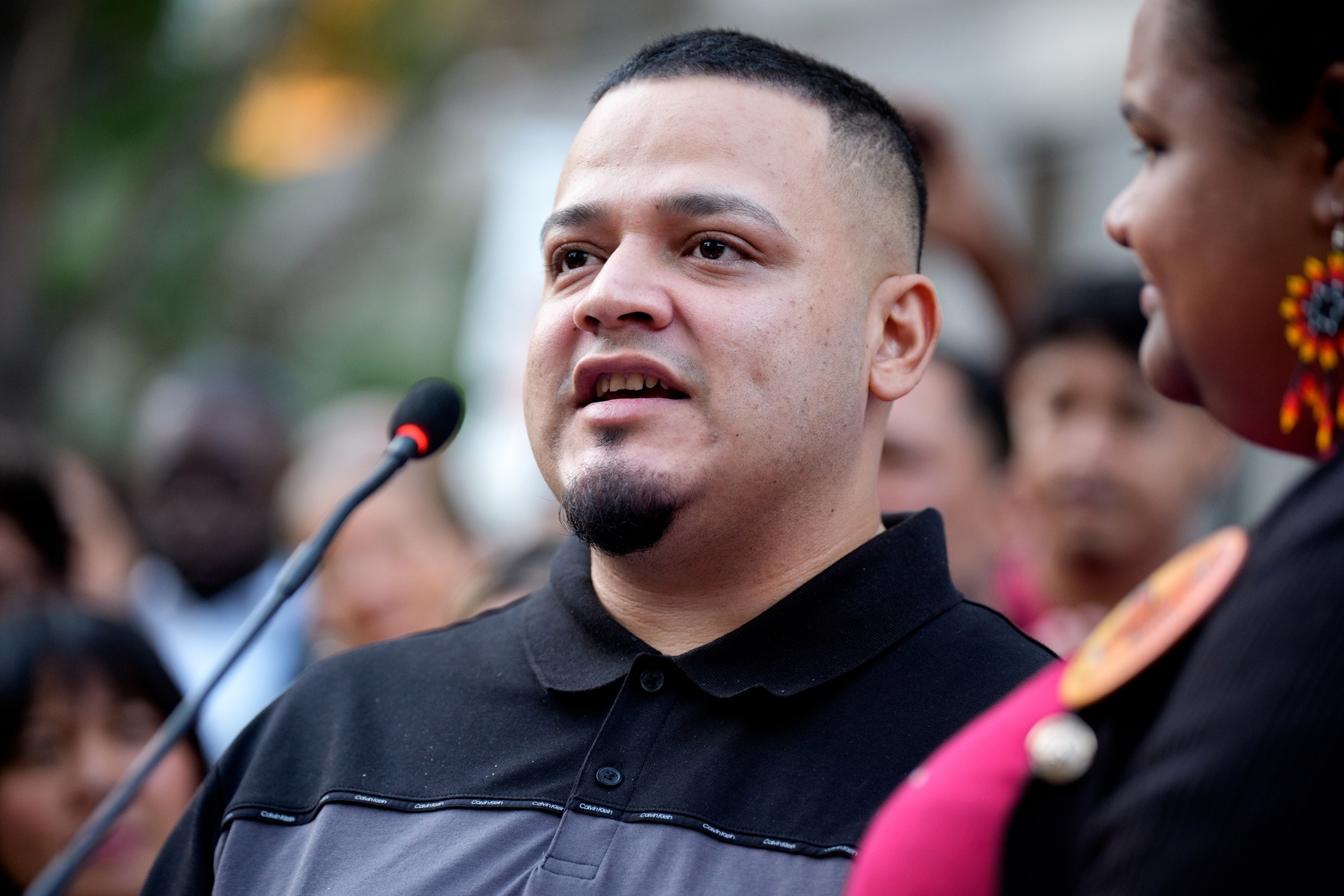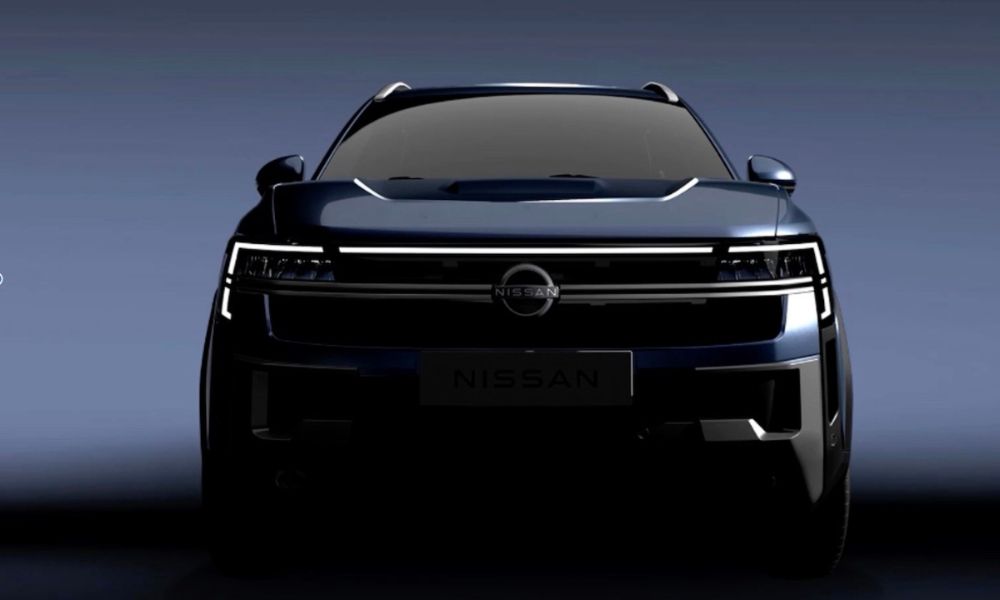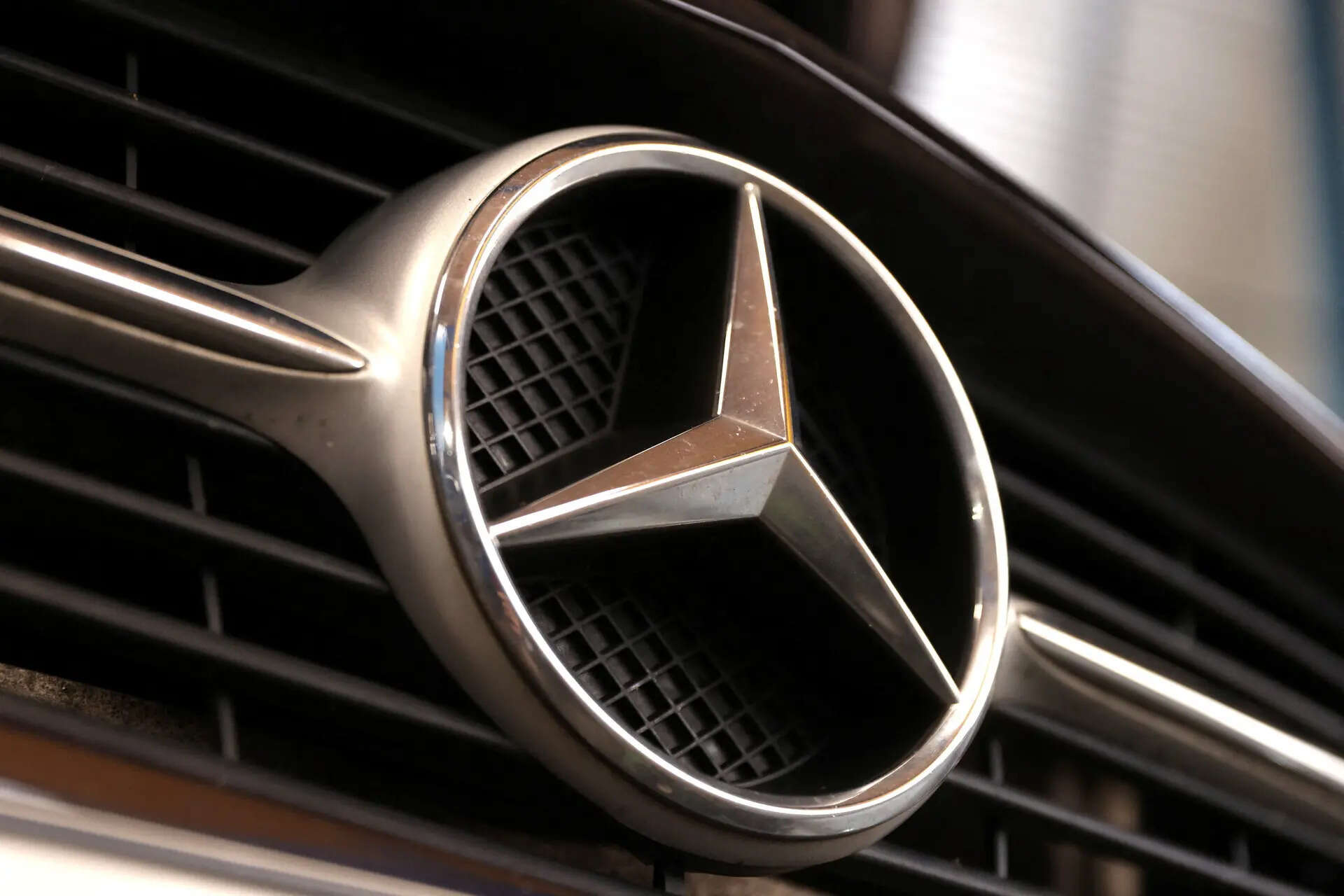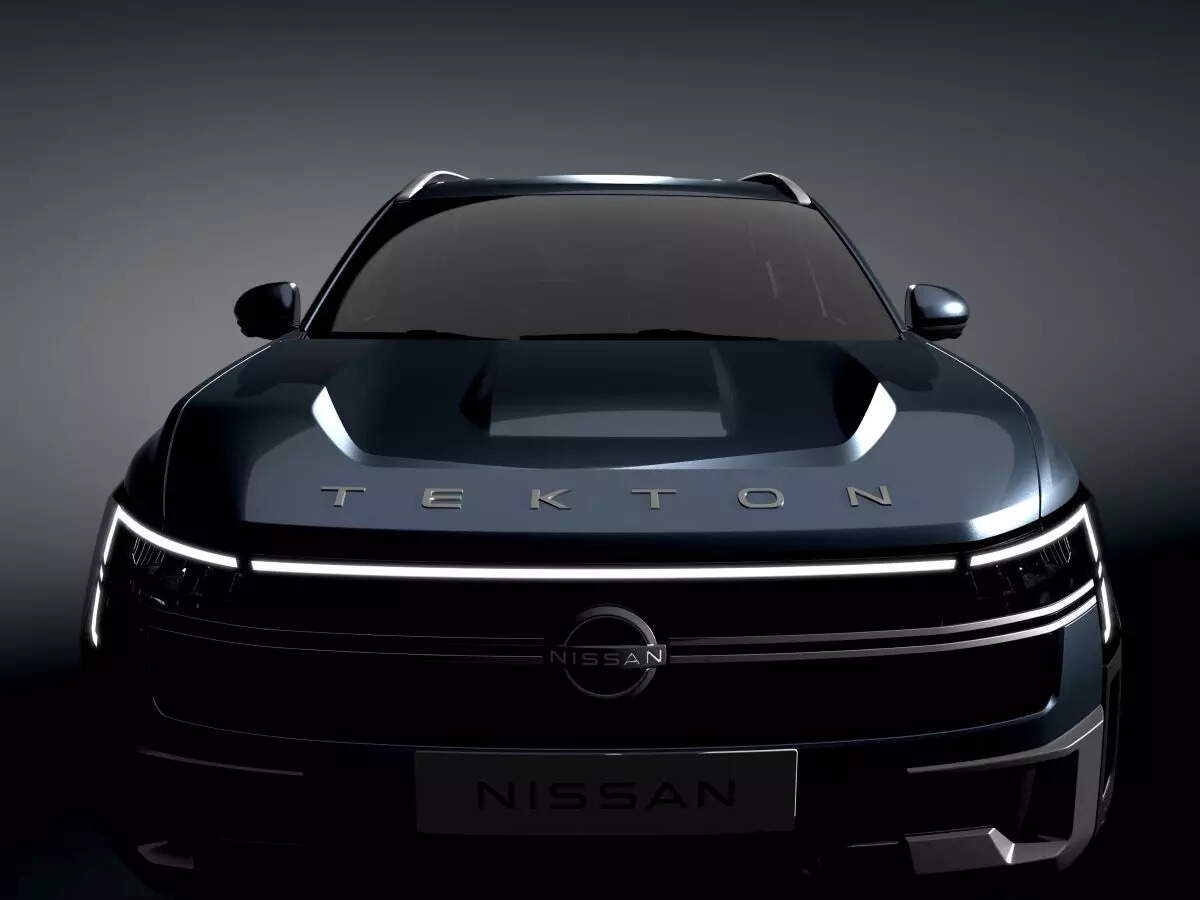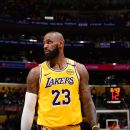The Royal Swedish Academy of Sciences has awarded the 2025 Nobel Prize in Physics to a trio of United-States-based scientists for work on quantum mechanic tunnelling.
The award, announced by the Royal Swedish Academy of Sciences on Tuesday, will be presented to John Clarke, Michel H Devoret, and John M Martinis in December “for the discovery of macroscopic quantum mechanical tunnelling and energy quantisation in an electric circuit”.
The trio’s experiments demonstrated that quantum mechanical properties can be made concrete on a macroscopic scale, the prize-awarding body said in a statement.
Their work has “provided opportunities for developing the next generation of quantum technology, including quantum cryptography, quantum computers, and quantum sensors”, it continued.
Clarke, a British-born professor at the University of California, said the team’s discovery “in some ways is the basis of quantum computing”.
“Exactly at this moment where this fits in is not entirely clear to me,” he added.
Quantum computing is a new kind of computing that uses the principles of quantum mechanics – the science of how particles behave at the smallest scales – to perform calculations much faster than conventional computers.
Quantum mechanics is the “foundation of all digital technology,” noted the chair of the Nobel Committee for Physics.
‘The surprise of my life’
“I’m completely stunned. Of course it had never occurred to me in any way that this might be the basis of a Nobel Prize,” Clarke told the Nobel press conference by telephone. “To put it mildly, it was the surprise of my life.”
He paid tribute to his fellow laureates, saying that “their contributions are just overwhelming.”
Devoret, born in France, is a professor at Yale University and the University of California, where Martinis is also a professor.
The prize of 11 million Swedish kronor ($1.17m) is to be shared equally between the three.
Speaking from his cellphone, Clark added: “One of the underlying reasons that cellphones work is because of all this work.”
Olle Eriksson, chair of the Nobel Committee for Physics, said it was “wonderful to be able to celebrate the way that century-old quantum mechanics continually offers new surprises”.
“It is also enormously useful, as quantum mechanics is the foundation of all digital technology,” he said.

A distinguished history
The Nobel Prize in Physics is widely regarded as the most prestigious in the discipline, with past winners including some of the most influential figures in the history of science, such as Albert Einstein, Pierre and Marie Curie, Max Planck and Niels Bohr, a pioneer of quantum theory.
Last year’s prize was won by U.S. scientist John Hopfield and British-Canadian Geoffrey Hinton for helping create the building blocks of machine learning that has spurred the artificial intelligence boom.
The Nobels were established through the will of Swedish businessman, chemist and inventor Alfred Nobel, who became rich from his invention of dynamite. Since 1901, with occasional pauses, the prizes have annually recognised leading achievements in science, literature, and peace, with economics a later addition.
The physics prize was the second Nobel awarded this week, after a trio of researchers – Mary E Brunkow, Fred Ramsdell and Shimon Sakaguchi – after two American and one Japanese scientist won the medicine prize for their work on the functioning of the human immune system.
The chemistry prize is due next, on Wednesday, followed by prizes in literature, peace and economics in the following days.
The sciences, literature and economics prizes are presented to the laureates by the Swedish king at a ceremony in Stockholm on December 10, the anniversary of Alfred Nobel’s death, at which they will also receive gold medals.
The peace award, which will be announced on Friday, will be given in a separate ceremony in Oslo.

